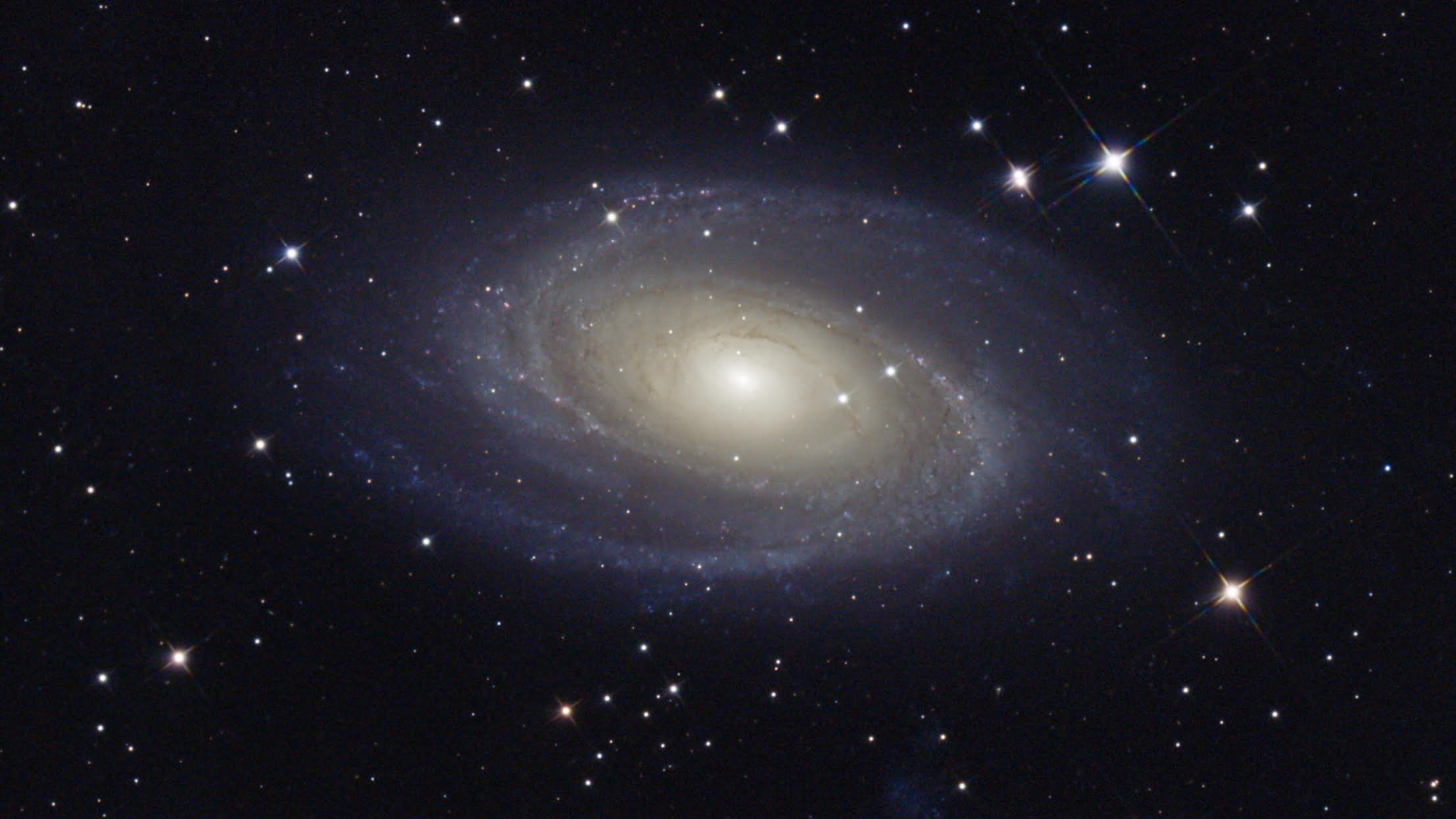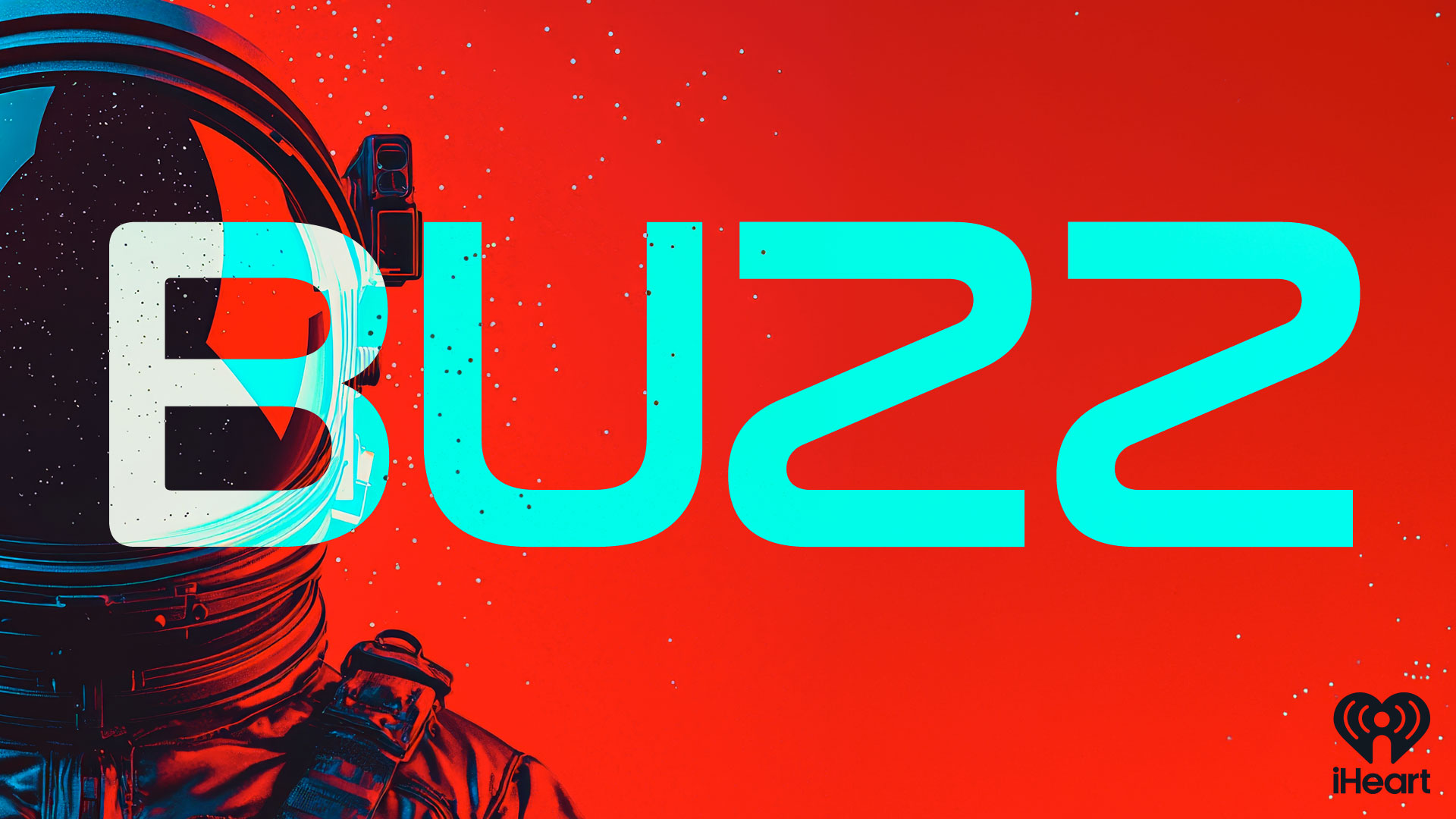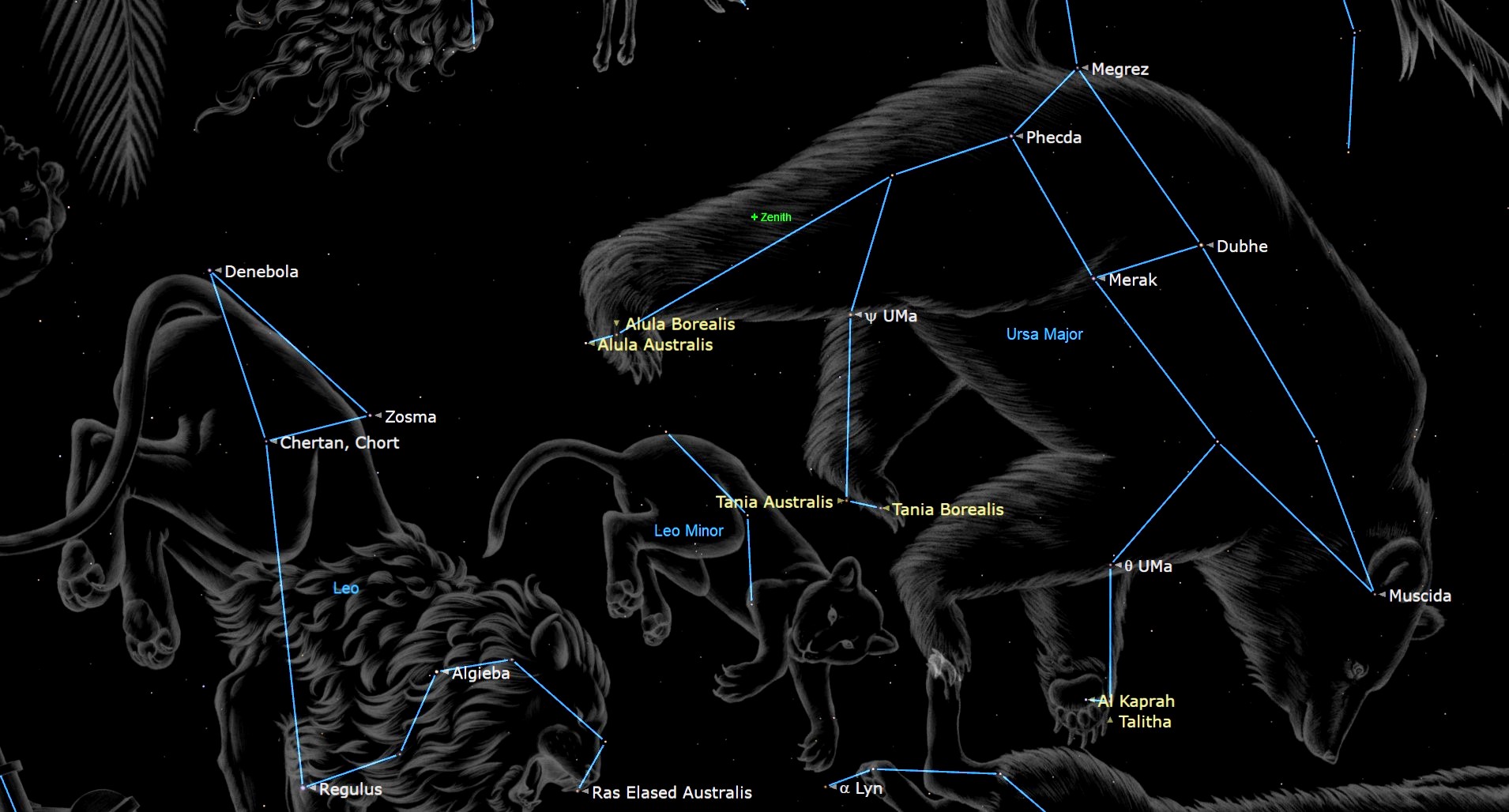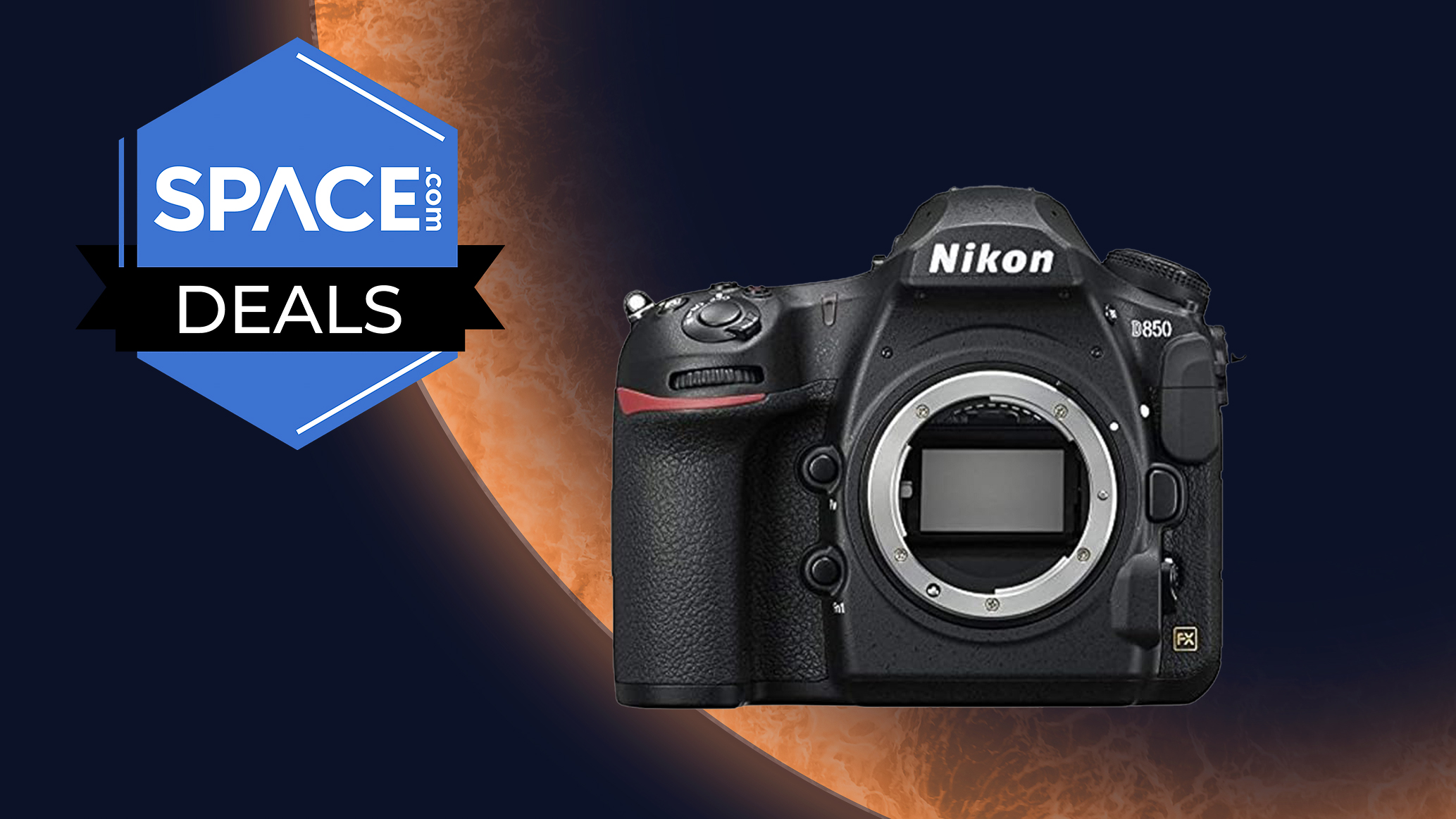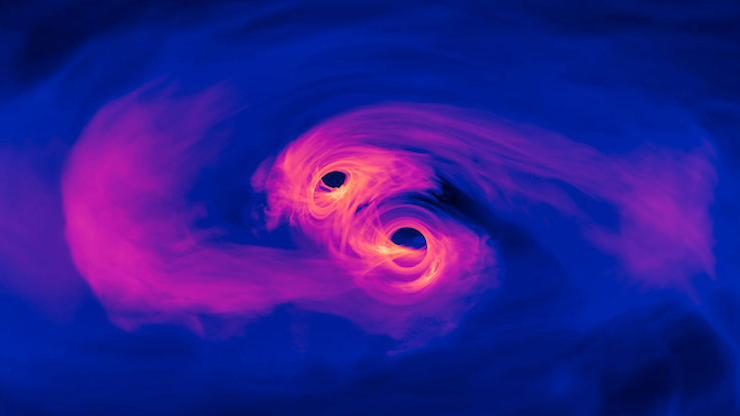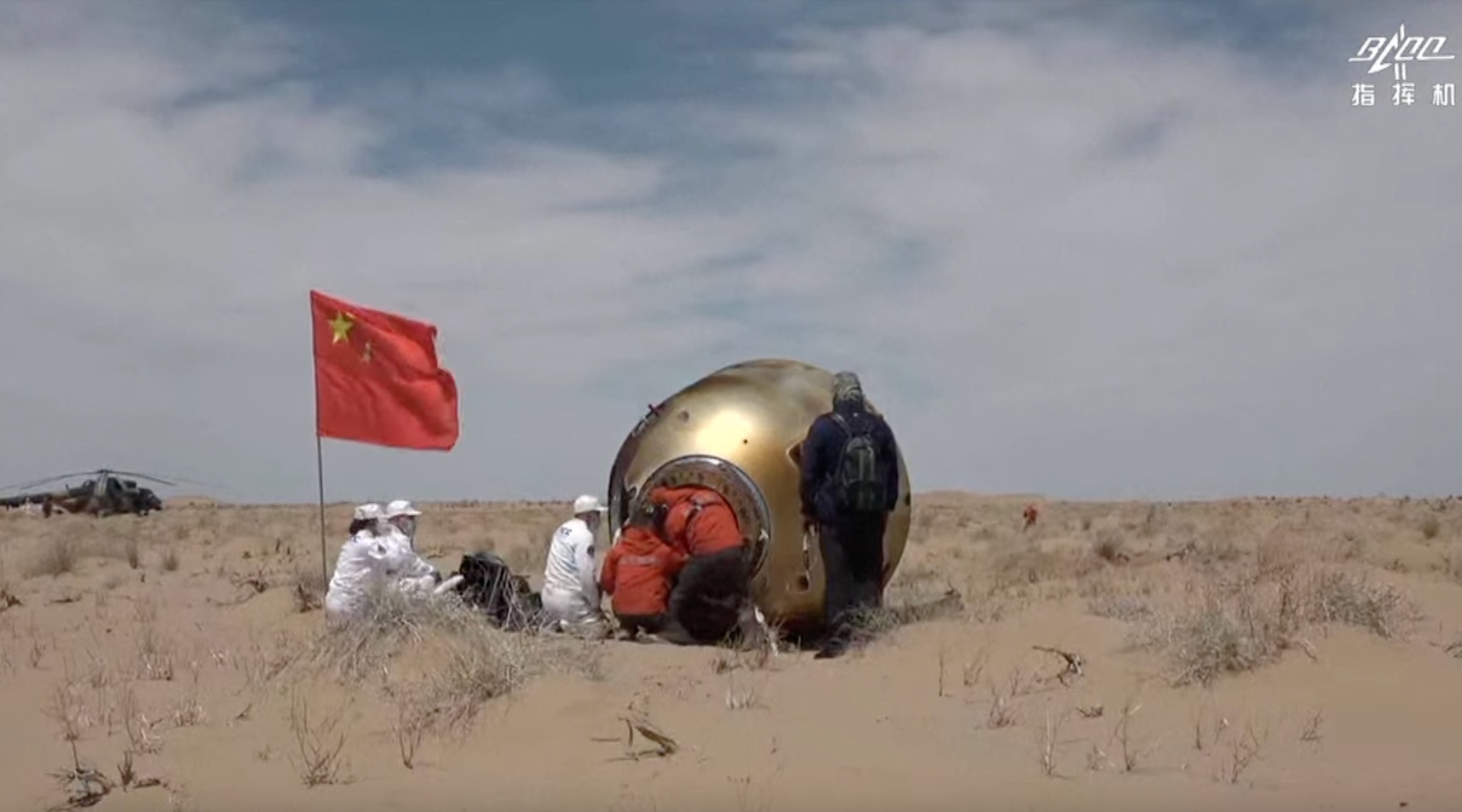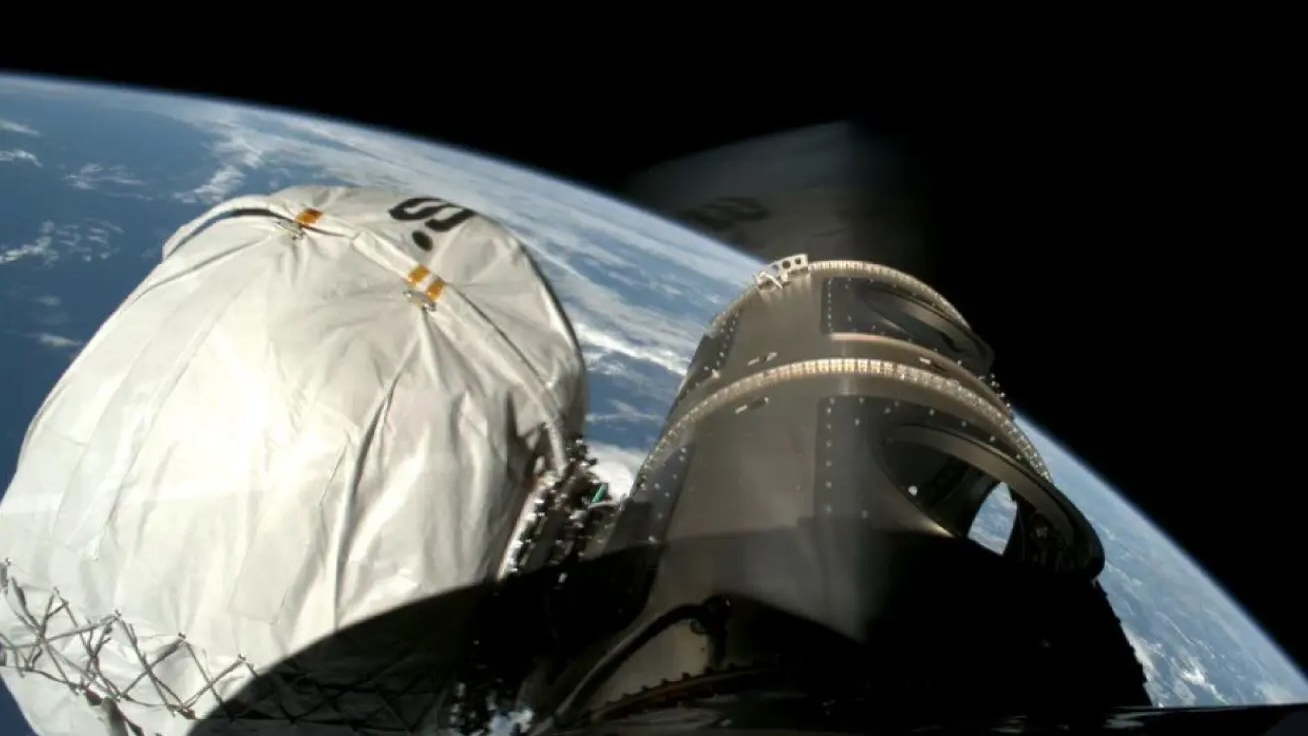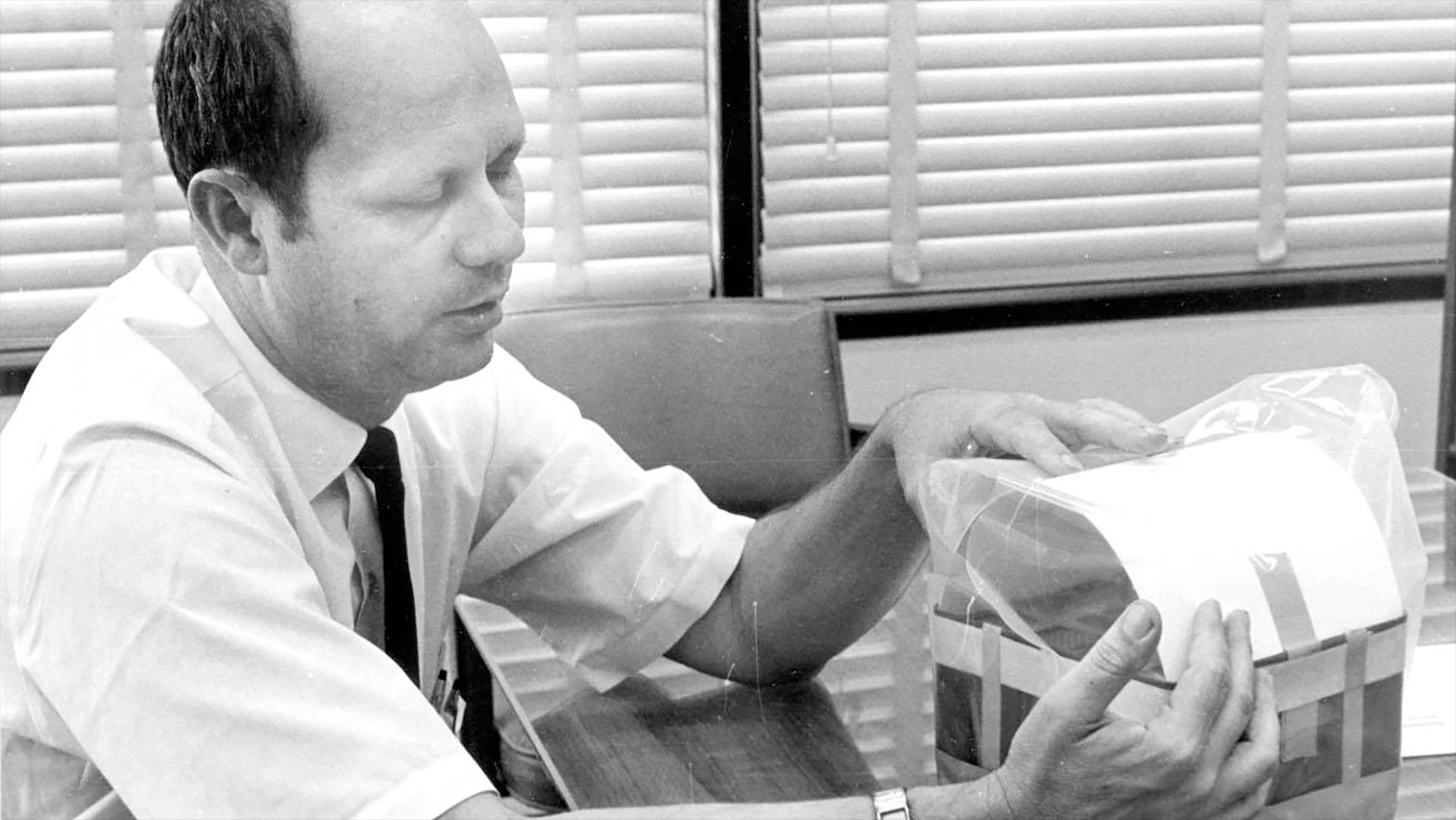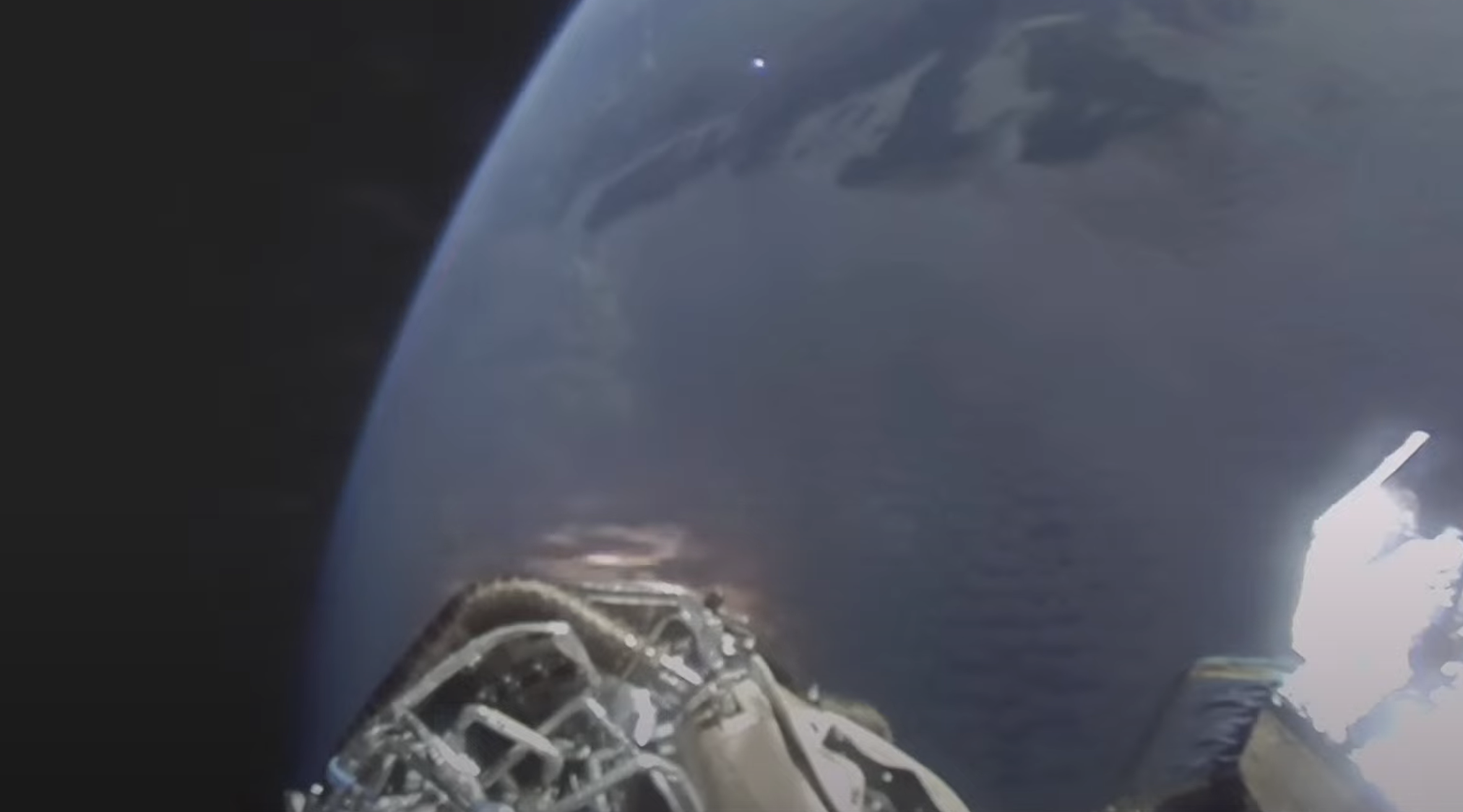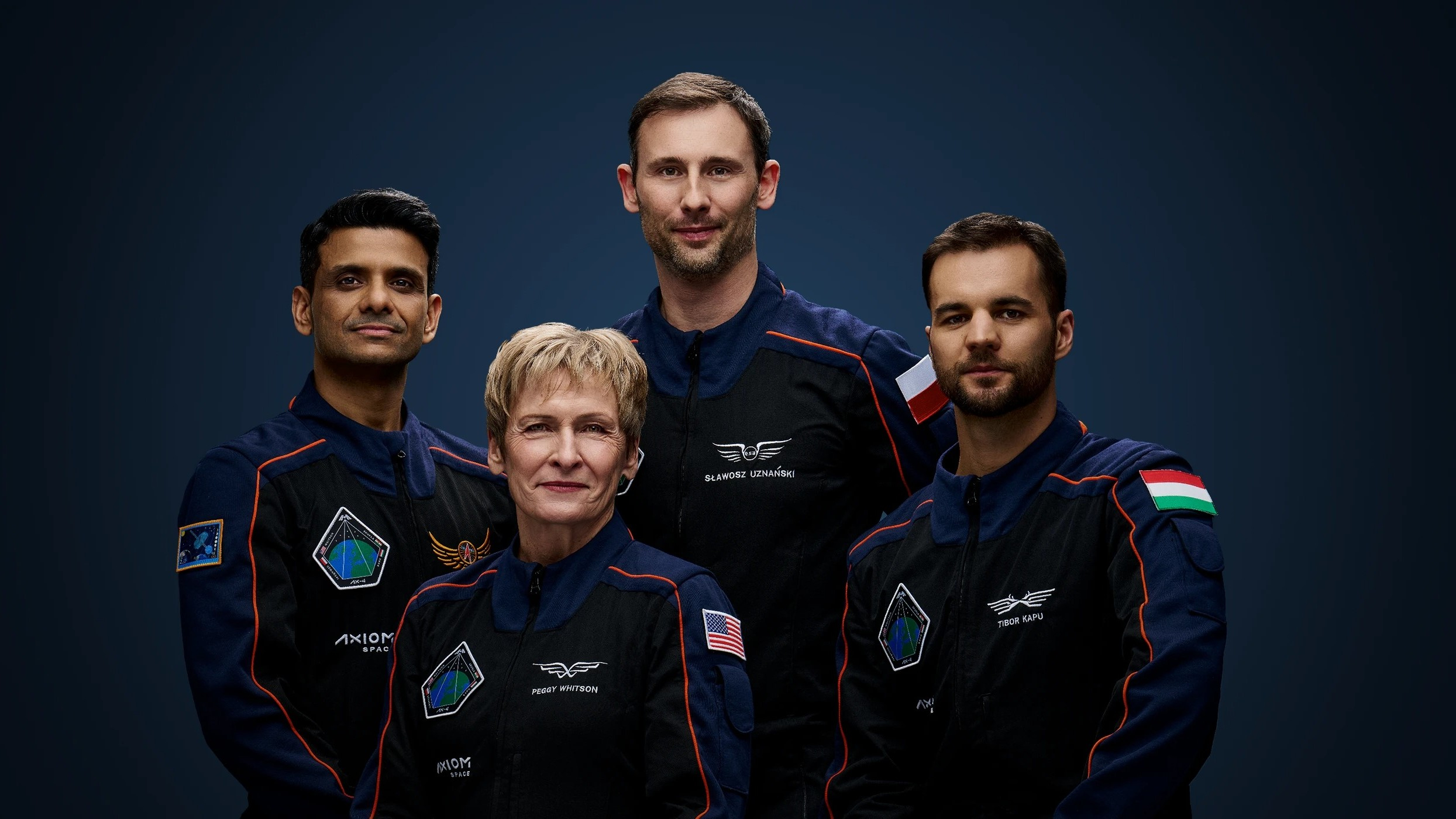New rocket science course lets you learn about spaceflight online for free
Varsity Tutors launches the course on Friday (Oct. 7) for anybody who loves space.
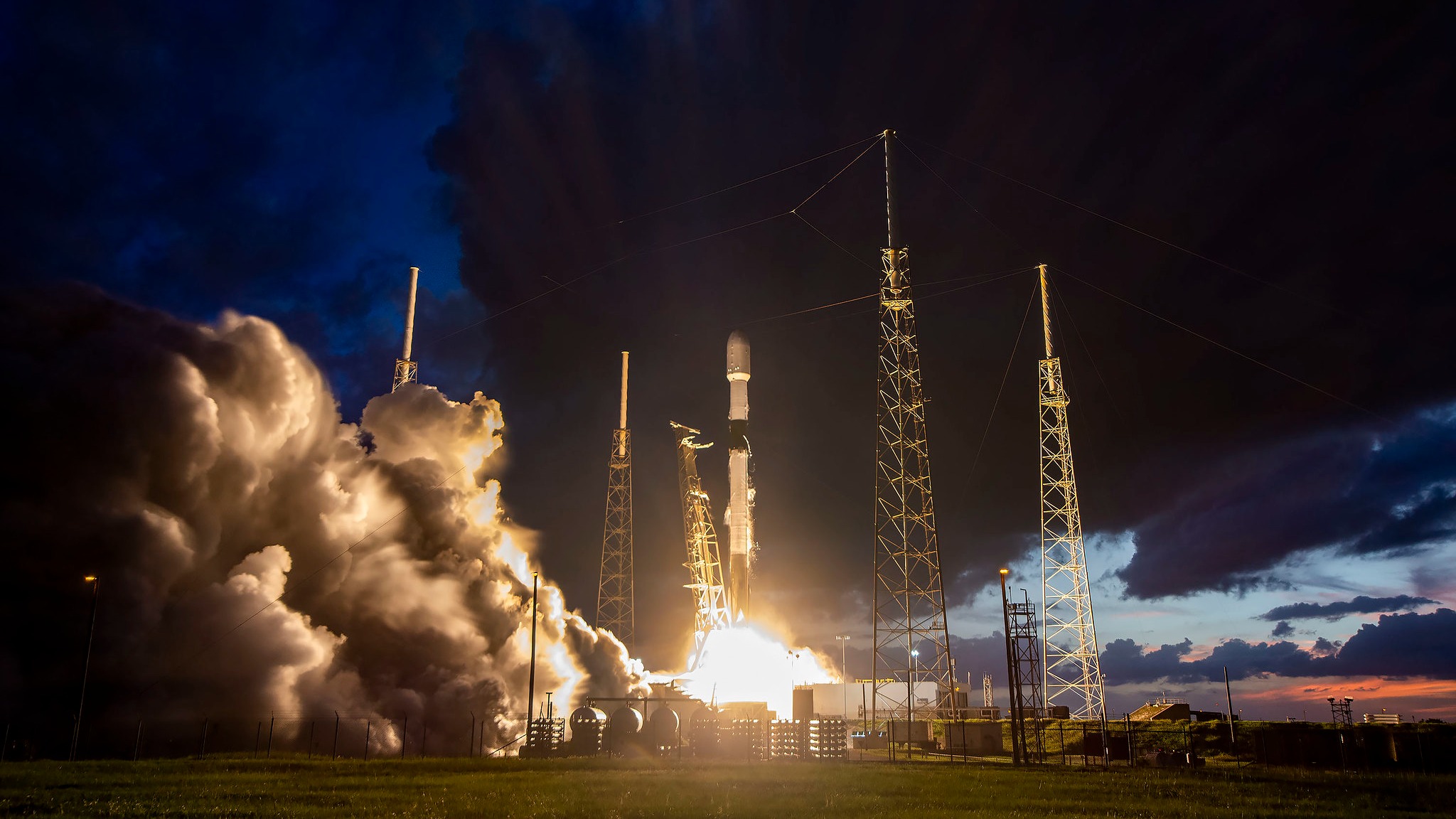
Ready to rock the rocket equation?
Varsity Tutors has a class for aspiring rocket scientists, with no experience necessary. The class walks you through the basics of how to get a rocket into space, assuming a middle-school level background. The class runs on Friday (Oct. 7) for free and registration at Varsity Tutors is available now.
"Rocket propulsion is one of those things that's very dramatic," tutor Greg Brown, who works at the Armstrong Air & Space Museum in Ohio, told Space.com. "It shows us these exciting images of big things blasting off with a lot of power, a lot of heat and light. It's exciting."
Related: See the evolution of SpaceX rockets in pictures
Brown emphasized, however, that there's a lot more engineering to getting a rocket off the ground than the flames and drama. The course aims to show how engineering informs all aspects of the space industry and how that same engineering can also appear in our everyday lives. The course also shows how rockets have changed from instruments of government to large deployments by private industry, including companies like SpaceX.
"We have to continue to improve things, repair things, innovate and invent," Brown said.
The course provides an overview of how rockets operate, including propulsion, orbital mechanics and some of the physical laws governing how things work in space, such as Newton's laws of motion.
Get the Space.com Newsletter
Breaking space news, the latest updates on rocket launches, skywatching events and more!
This won't be your standard lecture, Brown said. The content will be mixed up with multiple choice questions, interactive activities and a few humorous moments to help with the heavier lifting.
"I just want the kids and the viewers to get an idea of what I'm talking about, and maybe retain something, and I want them to have fun, too," he said.
Brown will also be pulling from the exhibits he manages in his full-time job as a historian and collections coordinator at the Armstrong Air & Space Museum, which follows closely the life of Apollo 11 astronaut Neil Armstrong — the first person to walk on the moon.
Related: Neil Armstrong's photo legacy: Rare views of first man on the moon
There are some museum moments in the course. One is a view of an Rocketdyne H-1 engine in the museum's collection; engines of that type were used on the Saturn 1B first stage that flew humans to the Skylab space station, as an example.
The museum is replete with content featuring NASA's Gemini and Apollo programs, in which Armstrong flew. As best as possible, Brown seeks to relate the information to more recent programs managed by SpaceX, or to NASA's forthcoming Artemis 1 mission to the moon.
"Let's face it: Isaac Newton and Johannes Kepler don't change," Brown said, referring to two scientists who formulated much of the physics underlying space travel today. "But we do point out that today we have advances in material science, computing, communications and those things are much better now."
Follow Elizabeth Howell on Twitter @howellspace. Follow us on Twitter @Spacedotcom or Facebook.
Join our Space Forums to keep talking space on the latest missions, night sky and more! And if you have a news tip, correction or comment, let us know at: community@space.com.

Elizabeth Howell (she/her), Ph.D., was a staff writer in the spaceflight channel between 2022 and 2024 specializing in Canadian space news. She was contributing writer for Space.com for 10 years from 2012 to 2024. Elizabeth's reporting includes multiple exclusives with the White House, leading world coverage about a lost-and-found space tomato on the International Space Station, witnessing five human spaceflight launches on two continents, flying parabolic, working inside a spacesuit, and participating in a simulated Mars mission. Her latest book, "Why Am I Taller?" (ECW Press, 2022) is co-written with astronaut Dave Williams.
